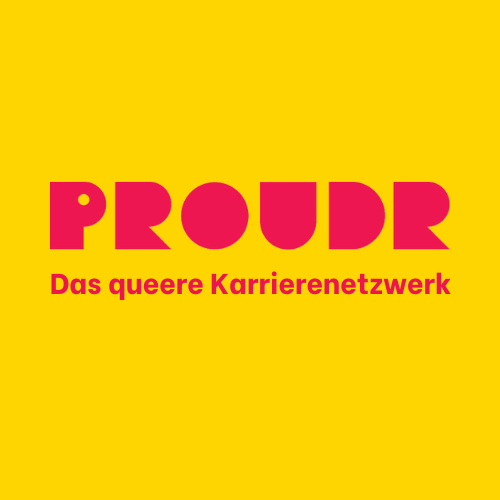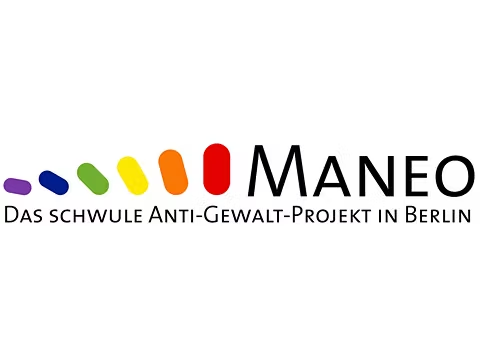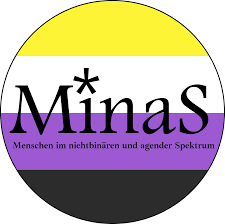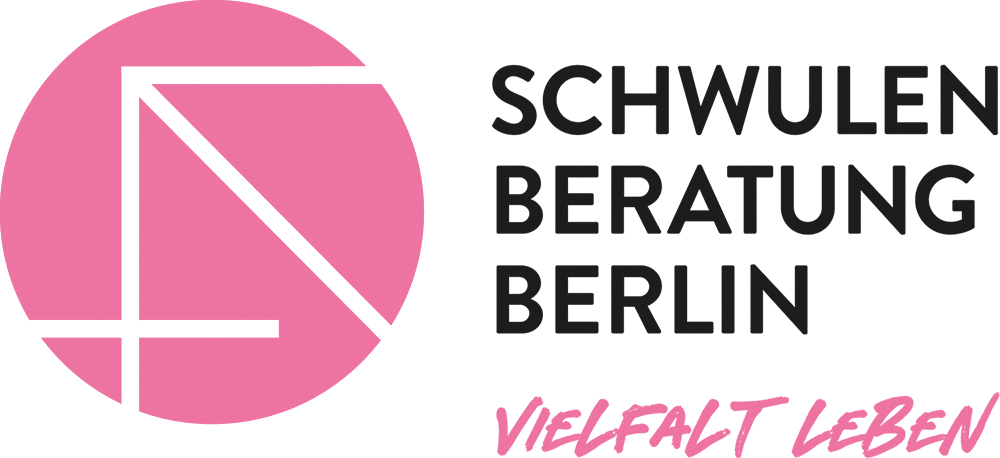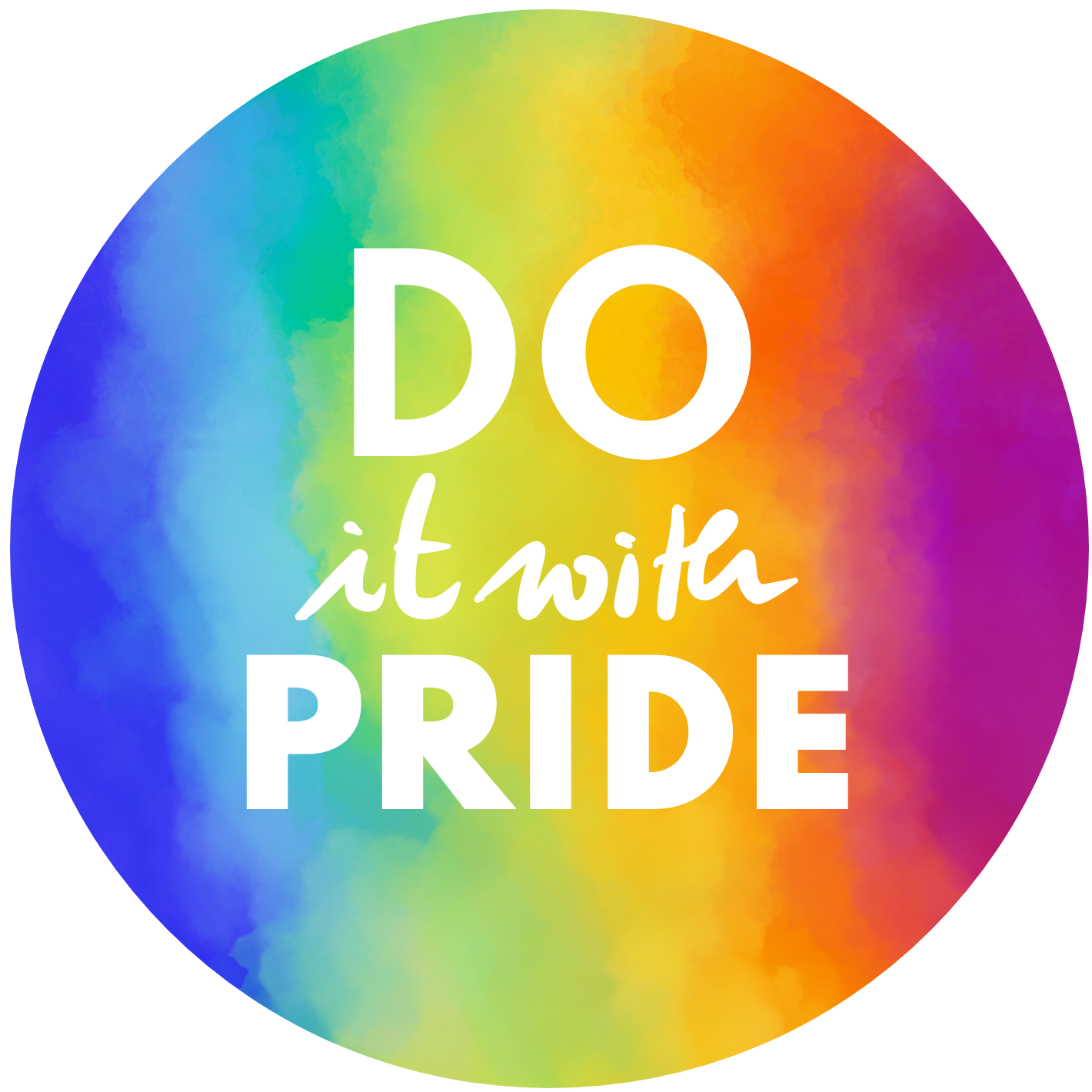Queer by the numbers Understanding LGBTQ+ realities and how to support
For more than 10 years, The DO has been accelerating change inside leading organizations, from H&M to Mercedes-Benz to the City of New York, by focusing obsessively on the one thing that a sustainable and equitable economy needs: people who implement it.
Today, DEI programs and LGBTQIA+ initiatives are facing increasing backlash – driven by complex political dynamics, polarized discourse, and rising fear of reputational risk.
We’re feeling it ourselves.
Even though our organization's core purpose is rooted in building a more equitable economy, we’ve found ourselves debating: How much can we share? What can we talk about?
Suddenly, we’re navigating difficult conversations, that weren't so difficult a little while ago.
And maybe that’s exactly the point. In moments like these, the ability to sit with discomfort, listen deeply, and understand the facts becomes a crucial capability.
So we decided to pause and listen. To step back and ask:
What are the actual-lived realities of queer communities today?
This is our open source research.
Please feel free to read, share act or add to it.



